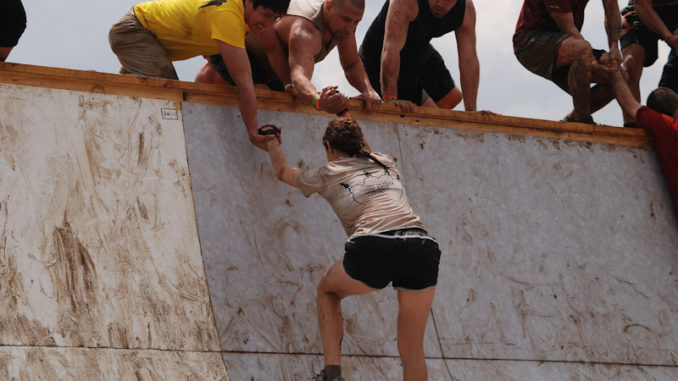
Published in El Pais, July 20th 2019.
A teacher looks for effective ways to improve education and one can find them by sharing these experiences. I attended a training prepared by the Bolivian Private University with Professor David Ernesto Salinas Navarro from Tecnológico de Monterrey. In this talk we learned about education based on challenges. This basically consists of involving students in real situations related to the subject of learning, so that they learn the theory necessary to find a real solution to the observed problem and with a real solution that can be implemented. This educational model ensures that it enhances the learning experience, ensuring that it is assimilated better and more actively. For this education to be feasible, it is important that the challenges are framed in a clearly a defined activity and involves elements such as:
- The challenge is framed in an objective, with a defined content and an intention of learning. This challenge can be small or large depending on the level of knowledge the students have.
- Development of the action framed in competences for the subject and transversal subjects.
- Detail the active role of each member of the group and the learning that will emerge from the active experience during the challenge
- What will be the challenge? How will it be carried forward? and why will it be relevant to the learning of the subject? What will be the stages and possible questions to motivate the investigation?
- Define the place(s) where the challenge will be take place and who will be the training partner (company or similar) who helps to manage learning through “learning by doing in real life”.
- It is important to define the resources to be used (budget, time, people, etc.) to see if everything is available before starting.
- Describe the evaluation. As the teacher is not the only one who participates in the training that is also done outside the classroom, it is important that also the company and even the student evaluate.
- Include an educational platform through which to develop education based on challenges.
- List the expected results that may include publications, meetings, etc.
In this way, the university student will be more motivated to work in a multidisciplinary way, internalize the theoretical knowledge and apply it in a student-centered education. This helps to practice and reflect on actions that are part of real life and in which he is an active part.



Be the first to comment